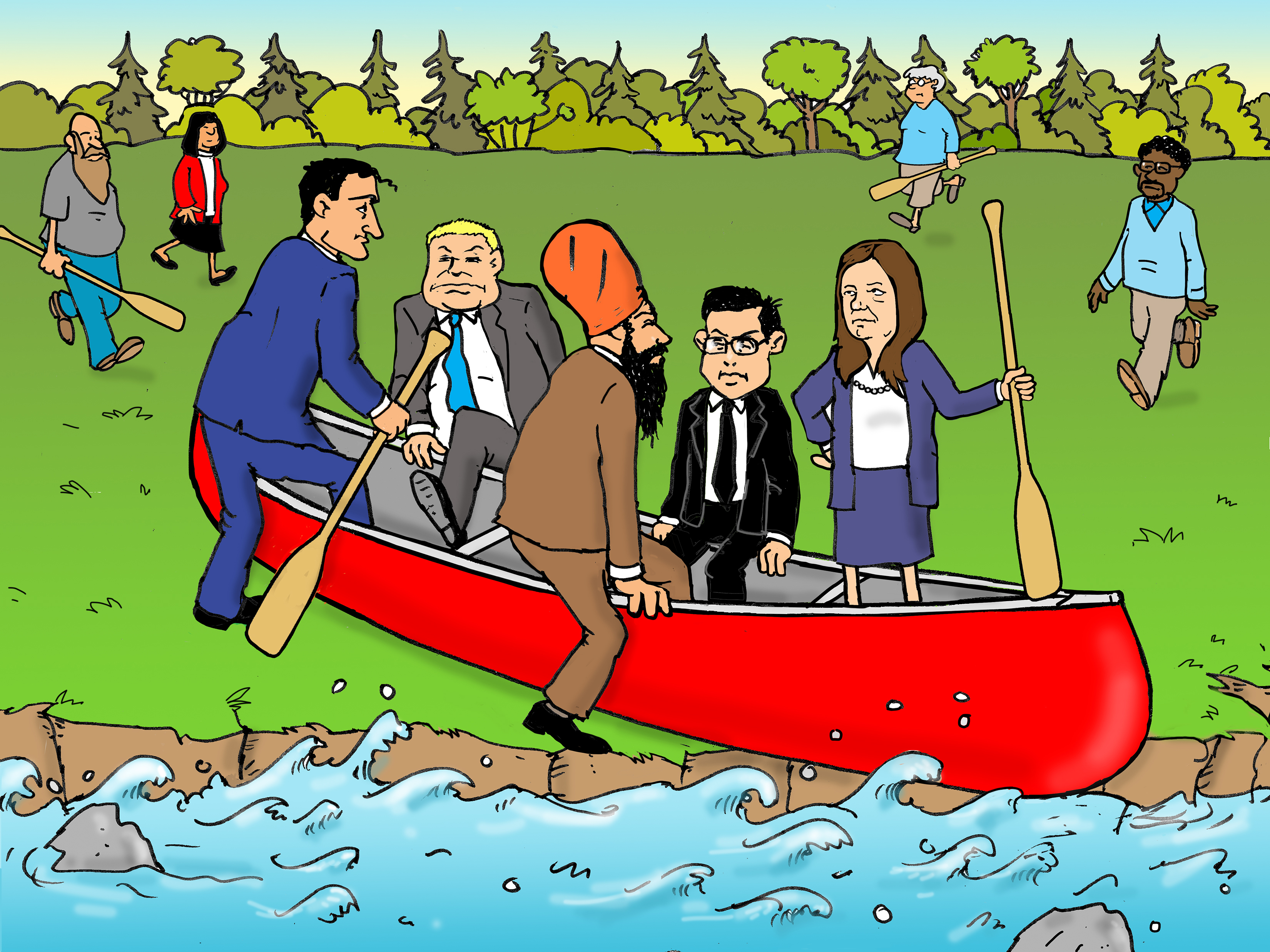Taxing the World’s Patience
Posted by Daniel Hoornweg on November 24, 2023

As Canada’s carbon tax appears to be going up in flames as fast as fossil fuels on a cold winter day, it may be worth asking what we get in return for a price on carbon. First, despite the global grumpiness with having to pay, pricing signals are one of the most powerful ways to influence behavior. The Conservative Party of Canada deserves considerable credit for reigning in the pollution that caused acid rain. This was largely accomplished through market instruments (a price on pollution) that were designed to include emissions on both sides of the US-Canada border.
You get the government you deserve. Canadians seem to believe pricing signals and markets do not apply to them. Like how Ontarians only pay about two-thirds the true cost of today’s electricity and pass the remainder off to their children through $6.9 billion annual deficit financing (2021-22). Not-surprisingly Ontarians use about twice as much electricity as an equivalent European household. BC and Quebec, where prices are even lower than Ontario, use even more electricity.
Person-for-person, Canadians use more energy and generate more waste (GHG emissions, municipal solid waste, wastewater) than almost anyone else on earth. Canada’s vehicle fleet is the world’s least fuel efficient. We are the most wasteful high-income country in the world. In the increasingly visceral global debate on climate mitigation, we are on extremely shaky ground. Discarding the carbon tax will not change this fact.
A quarter of global GHG emissions are now covered by a price on carbon, and the share is rising fast.
As a country we may believe that like our withdrawal from the Kyoto Protocol, we can withdraw from the Paris Agreement to limit GHG emissions. Maybe, but the economic costs to us, and particularly to our children, will be enormous. Ironically, these economic costs will be borne most intensely by the same regions calling for tax relief (e.g., the Martimes and rural areas).
True, Canada’s total GHG emissions are less than 2 percent of the world’s total, and true, every country is holding a fire-sale trying to offload their fossil fuels before the market dries-up. But Canada’s place in the world (population size and make-up, economy, geography) requires a deft hand to navigate increasingly turbulent waters. We behave as if we are in a large ship on a mostly calm sea, when we are in a small(ish) canoe on a rushing river.
The question is not whether to deficit finance our energy use, or whether to rescind the carbon tax. The question is where do we need to go, and how do we get there as fast and as fairly as possible. Not just because it is the right thing to do but because the world will demand it of us. Breaking things is easy. Making things, like sound public policy is way more difficult. More than anything, our energy transition needs honest discussions and leadership as benefits and costs will not come uniformly. This is the time for good government (at all levels).
Affordability is critical. Everyone feels hard done-by as inflation rises and the world’s economic shifts are felt at home. But Canada’s historic behavior of keeping energy prices artificially low is not sustainable. Canada is not big enough, or rich enough, to spend so much time and money fighting the tide. Time to all get in the canoe and paddle in the same direction.
Filed under: Sustainability 101